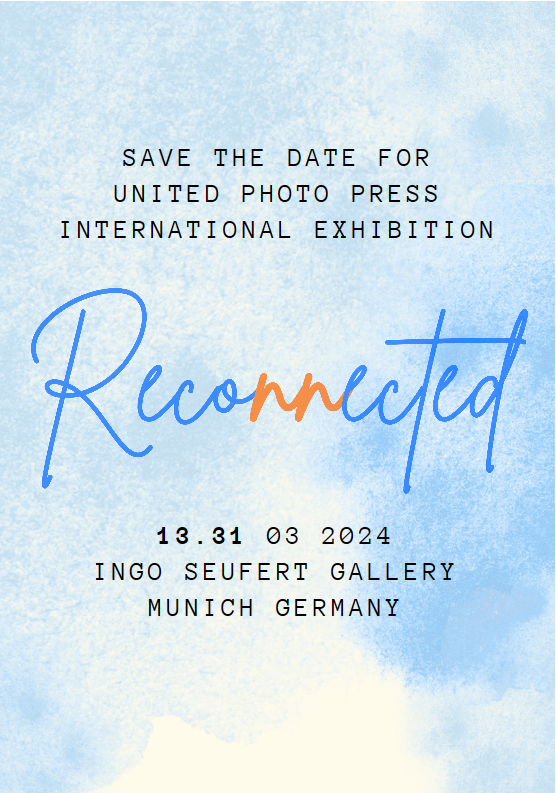 |
| United Photo Press last photo exhibition |
After more than a decade as a reference to the culture of Granada, Cafe Pícaro in Realejo, he has had to close its doors to the demands of area Environment of the City of Granada. It leaves behind a long story that sounds like Jazz, to magic, poetry readings and storytelling, brilliant references to cultural way. This is the story of a forced dismissal signed by its owner, Gerardo Rosales.
Coffee Stories
Once upon a time Granada was a place called Cafe Pícaro, where we enjoyed theater, concerts, poetry readings, magic, storytelling, exhibitions of painting, photography, workshops in piano, voice modulation and many cultural activities were to reach. Busy place where artists and lovers gave cites the cultural show, chatting under the drug steaming coffee or a beer enjoying a little show until midnight, resulting always short.
We lost a place of management and cultural exchange, the refusal of the council to recognize and grant activity cabaret, valued in any city for diversity that offers its streets promoting their artists and publicizing emerging values.
We enjoyed Coffee Pícaro and its culture for more than a decade, but has been forced to close to the persecution of the City, particularly from the Department of Environment, which meant that any establishment having performances is a Room festivals and as such must be soundproof and placed it against various reports of the Andalusian noting that must be classified in the group of cinemas, theaters and Pub, and against what the Art itself. 33.5 of Decree 6 / 2012, which says: "These limits apply depending on the schedule of the activity in the local consideration".
 |
| United Photo Press last photo exhibition |
The activity of Café Teatro, if properly understood, should be considered as cultural offerings for the city, both for its manager and for the administration, their schedules are coffee and their activities are of a theater, performances and shows, with or without musical content, until midnight, must not exceed 85 decibels at most 90 and guarantee them through a limiter in the reproduction chain and understand cities as Paris, Brussels, London or Madrid and overseas, why Why not in Granada, in whose hands are?
No doubt cafe-theater generate diversity on the streets of any city, retaining its visitors with its range of cultural leisure, create jobs, as discussed above promotes its musicians, actors, poets, magicians, etc. Granada increasingly receives more tourism, but tourism step and visit the Alhambra and leaves little to Malaga, Granada does not offer anything to stay a night or two, but thousands of bars as those found in any city.
From here, I call on policy makers to open the city to the culture and the private sector, our streets are dressed in diversity and culture offering not only food, which have spaces where our artists find their audience. The Victoria Cross known today made his first concert at Cafe Rogue went revealing in these spaces as needed in any city.
Gerardo Rosales (owner)
Carlos Alves de Sousa / United Photo Press







